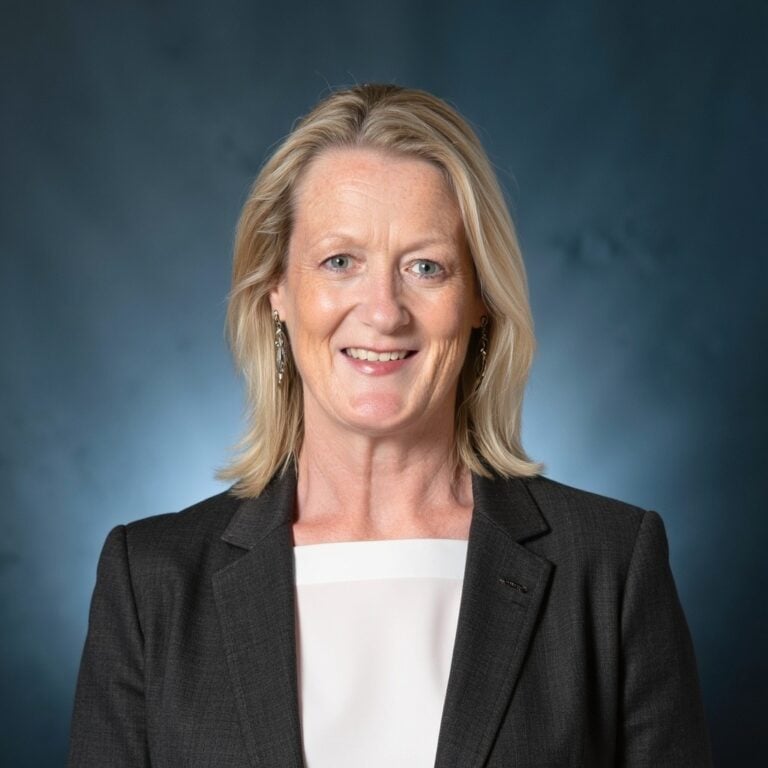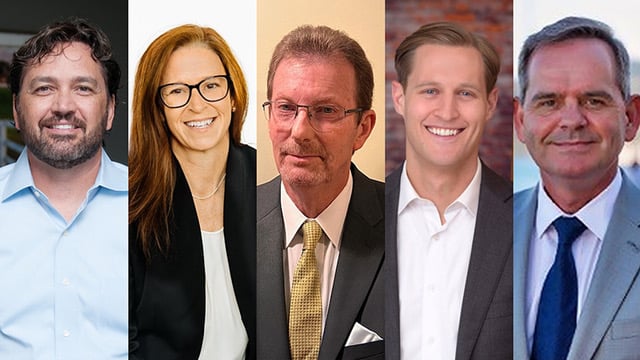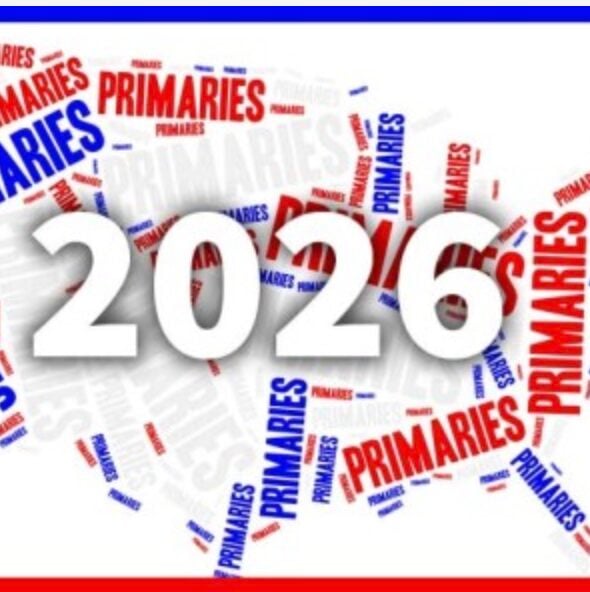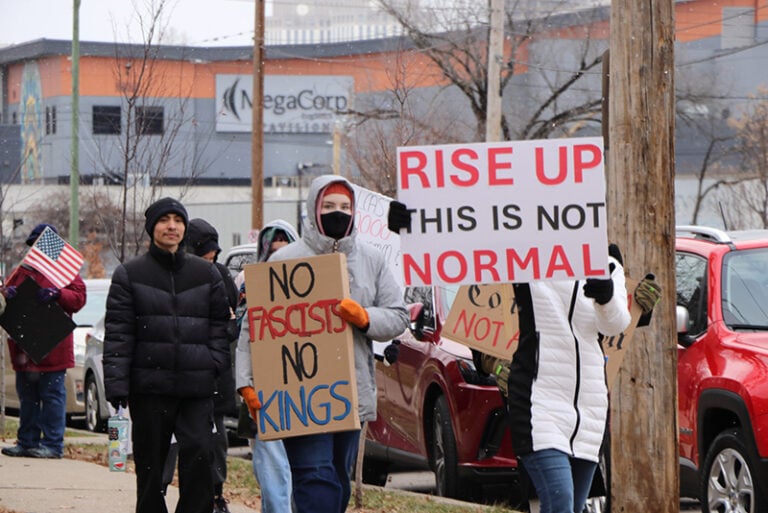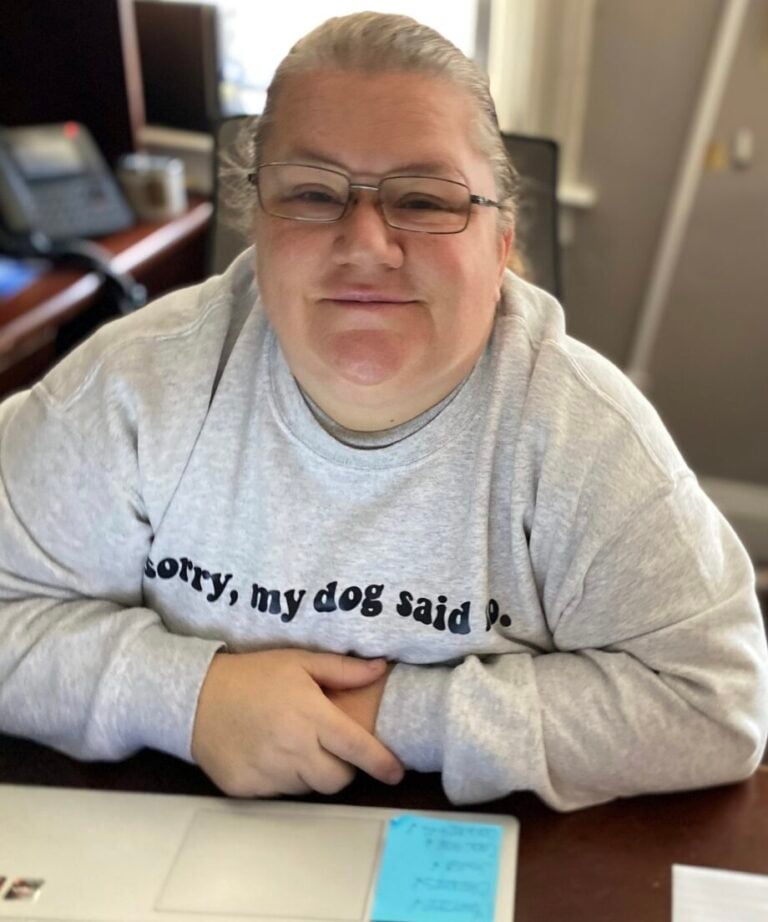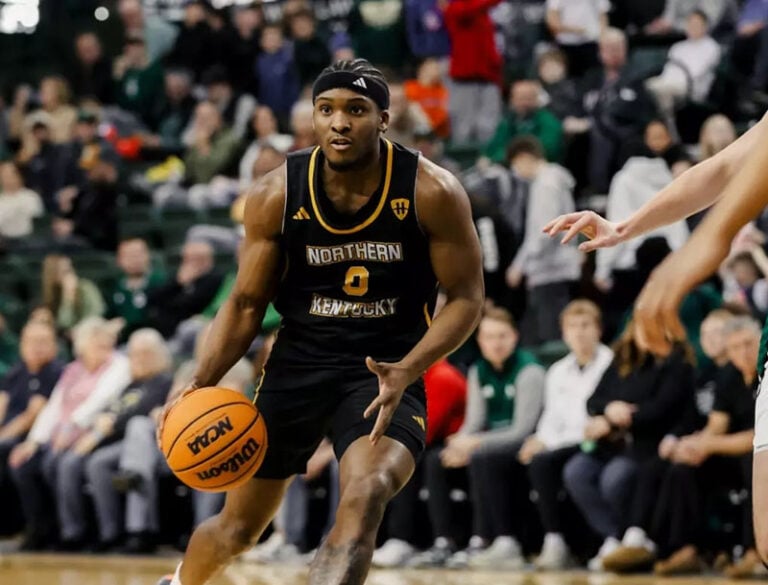As a citizen expecting to vote in Tuesday’s elections, I am reminded of the old axiom that people tend to get the government they deserve. Given the divisiveness, animosity, and discord shown by our own citizens, voters, and incumbent leaders, these last few years, I’m fearful that may happen again.
In the hope that we may choose our next leaders more wisely, I’d like to share some observations I came across in an article entitled “What Elected Leaders Can Do.” It appeared in GOVERNING magazine some time back and speaks to the role and influence of elected officials.
Considering whom it was written for, I feel its observations bear repeating as we head to the polls.
GOVERNING magazine provides nonpartisan news, insight and analysis on such issues as public finance, transportation, economic development, health, energy, the environment and technology. Its readership consists mainly of elected, appointed and career officials in state and local government, including governors, mayors, county executives, city and county council members, state legislators, executives of state and local agencies, and those holding professional government positions.
The author of the article, a career public servant, asked colleagues across the country what they felt was needed from elected officials in order to better do their jobs. Their observations were most telling.
Whoever is elected, they say, sets the tone and culture of a community. Leaders can either pander or inspire. However, one thing they should never do is run from making a decision out of fear that the information they act upon might someday be used against them.
To do so staffers say, often delays or postpones taking action, resulting in poor decisions being made and a lessening of the public’s trust in their leadership to govern.

How then can our own leaders become more effective? The consensus of opinion is that leaders need to own the data they receive (good or bad), make it transparent and, most importantly, use it. They also need to hold regular and more frequent conversations and engage staff and community in ways that are less confrontational, more constructive and allow participants to feel welcome, heard, and empowered.
Public servants also believe that success depends on building relationships not only between elected leaders and staff, but also among other municipalities, nonprofits and business. They cite, too, that elected officials must do a better job of knowing their community as well as each other; something that happens less in the heat of public meetings and more from the times in between.
Perhaps we should be asking those seeking re-election a different set of questions: What have they learned from their time in office that better prepares them to lead in the future? Are they more likely to learn and grow from their experience? Are they actively willing to listen to other voices, even though they may disagree?
To do so can only lead to better government and common-ground solutions. That’s what we as electorate expect. Vote wisely.
Jeff Rubin is an advocate and adviser on community and aging issues, having spent over 20 years as a director and facilitator of community service programs at the local, state and national levels. An advocate for “Age-friendly” and “Livable” communities, Mr. Rubin is currently working to advance these initiatives statewide in Kentucky and invites your comments, involvement, and support. He can be reached at Jeffrubin@windstream.net.







